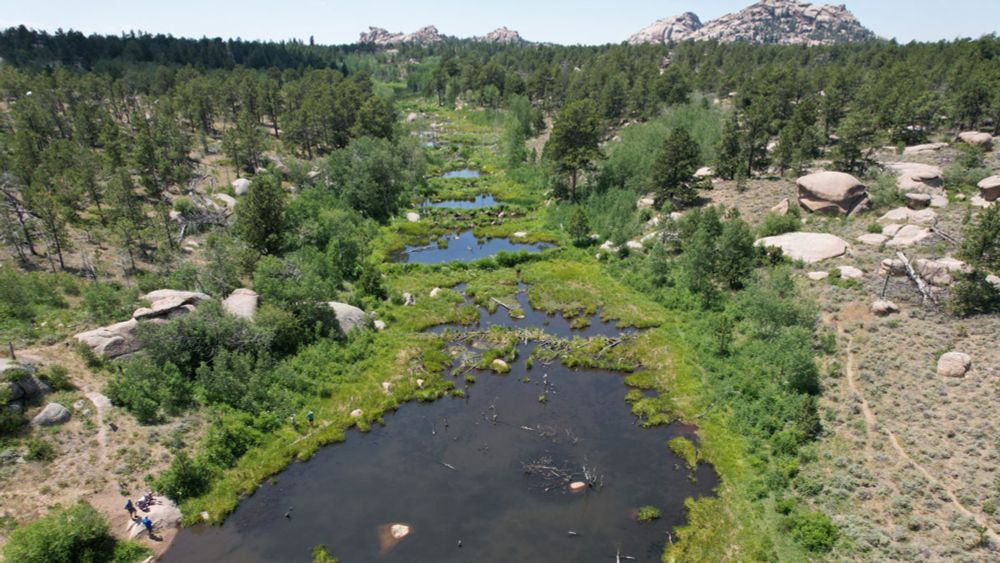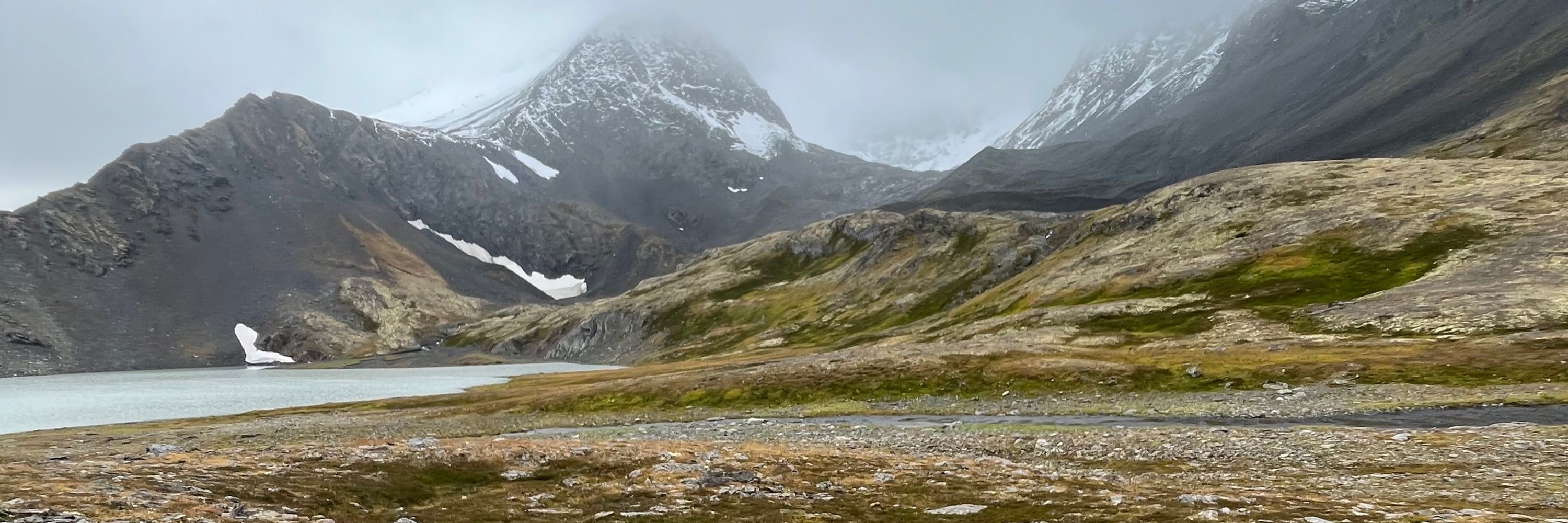
Ask me about soil carbon, high latitude wetlands, or my favorite local hiking trails : )

Here, my co-authors and I incubated soils from a palsa in northern Finland to see how the potential production of GHGs change at each thaw stage. We able to connect increases in CH4 to the effect of modern vegetation inputs.
🔗 doi.org/10.1029/2025...

Here, my co-authors and I incubated soils from a palsa in northern Finland to see how the potential production of GHGs change at each thaw stage. We able to connect increases in CH4 to the effect of modern vegetation inputs.
🔗 doi.org/10.1029/2025...
👉 Read more from the Cryospheric Sciences Division: egu.eu/1U1KN0

👉 Read more from the Cryospheric Sciences Division: egu.eu/1U1KN0
In episode 4 Mack meets @heartmeltingice.bsky.social who tells us all about ice core melt.
blogs.egu.eu/divisions/cr...
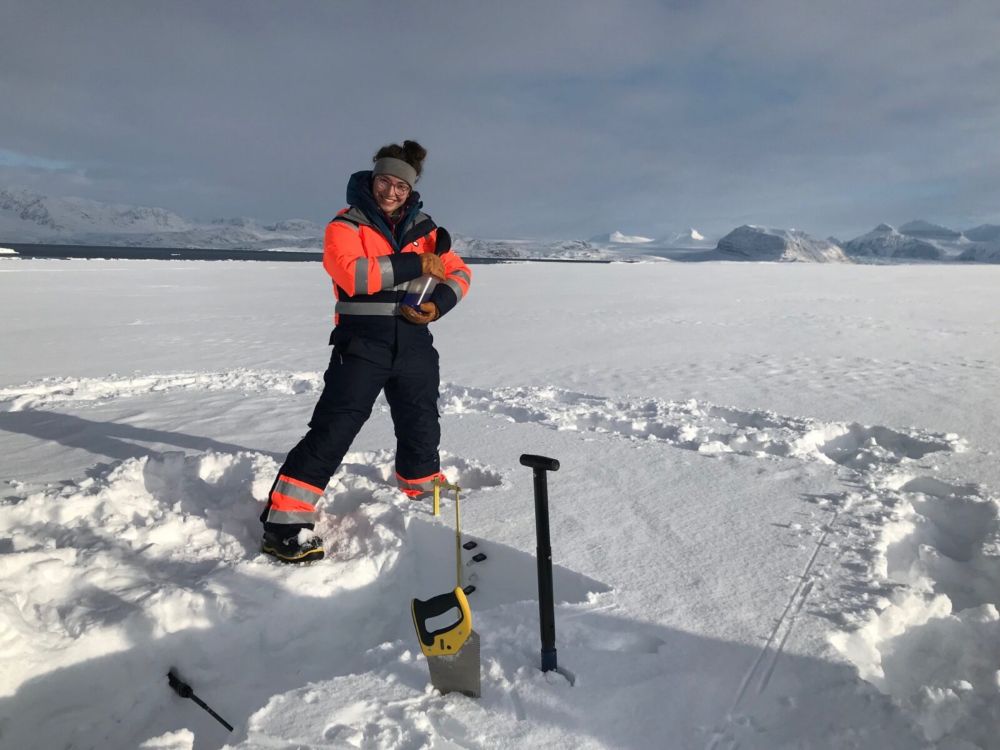
In episode 4 Mack meets @heartmeltingice.bsky.social who tells us all about ice core melt.
blogs.egu.eu/divisions/cr...

🧪🌎⚒️ #wildfires #permafrost #yakutia #dog
This time @mack-baysinger.bsky.social chats with two researchers, Izabella Baisheva & @rglueckler.bsky.social, who take us to Siberia on a journey about permafrost, lakes, fire, culture and a dog.
blogs.egu.eu/divisions/cr...
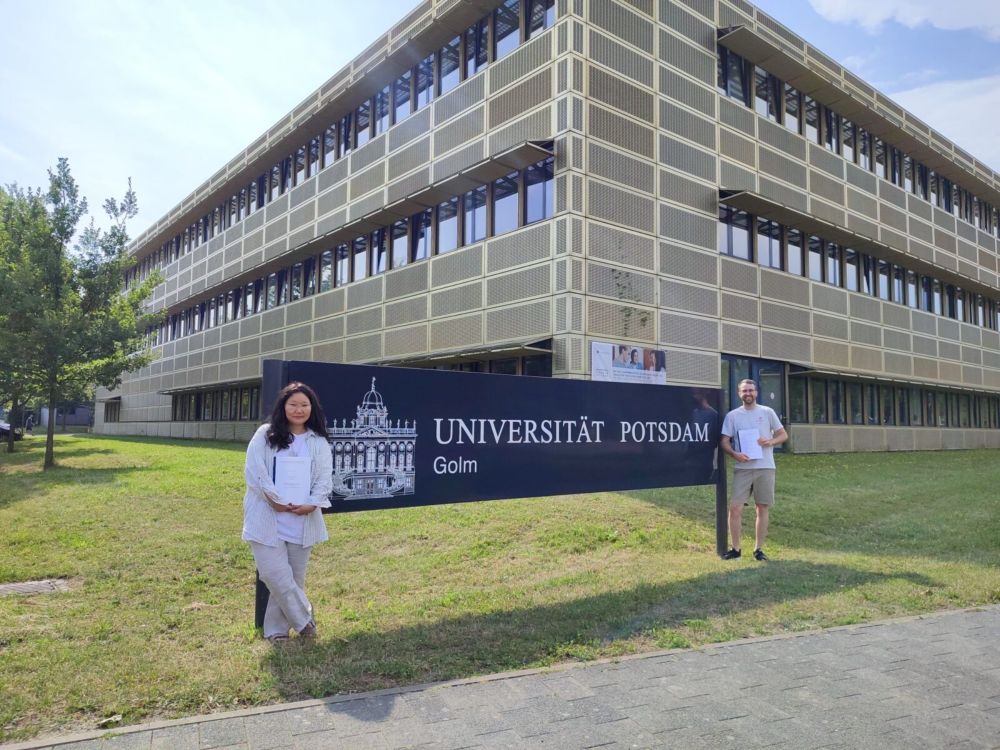
🧪🌎⚒️ #wildfires #permafrost #yakutia #dog
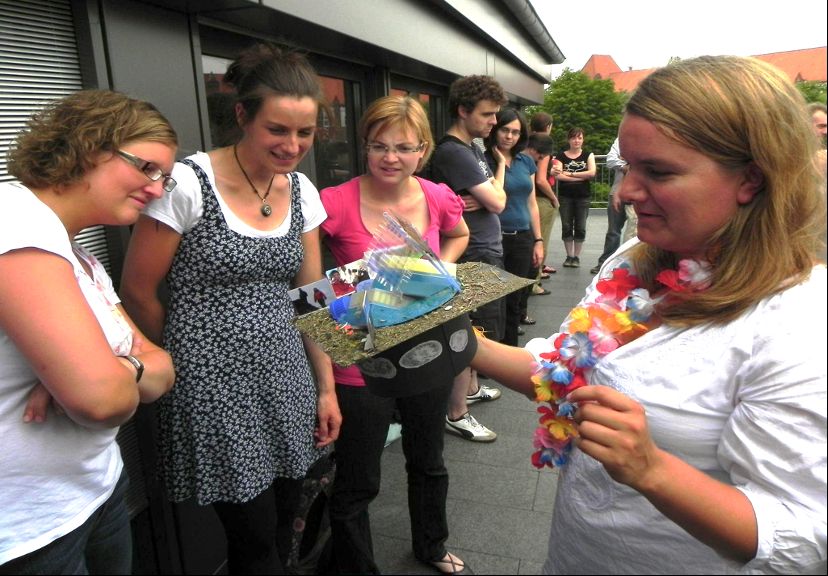
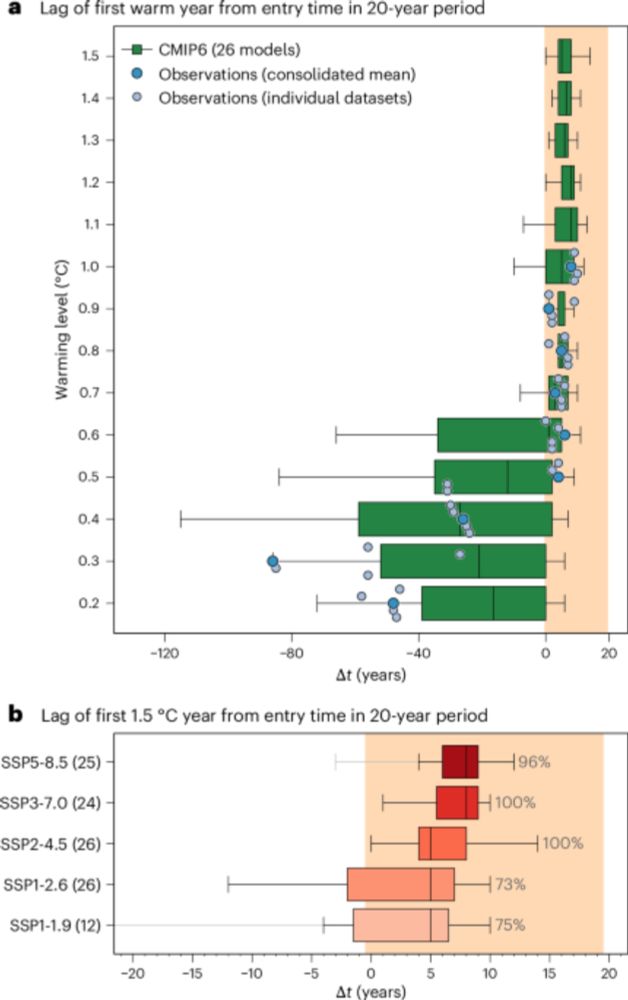
Check out the very first post! ⬇️
blogs.egu.eu/divisions/cr...




